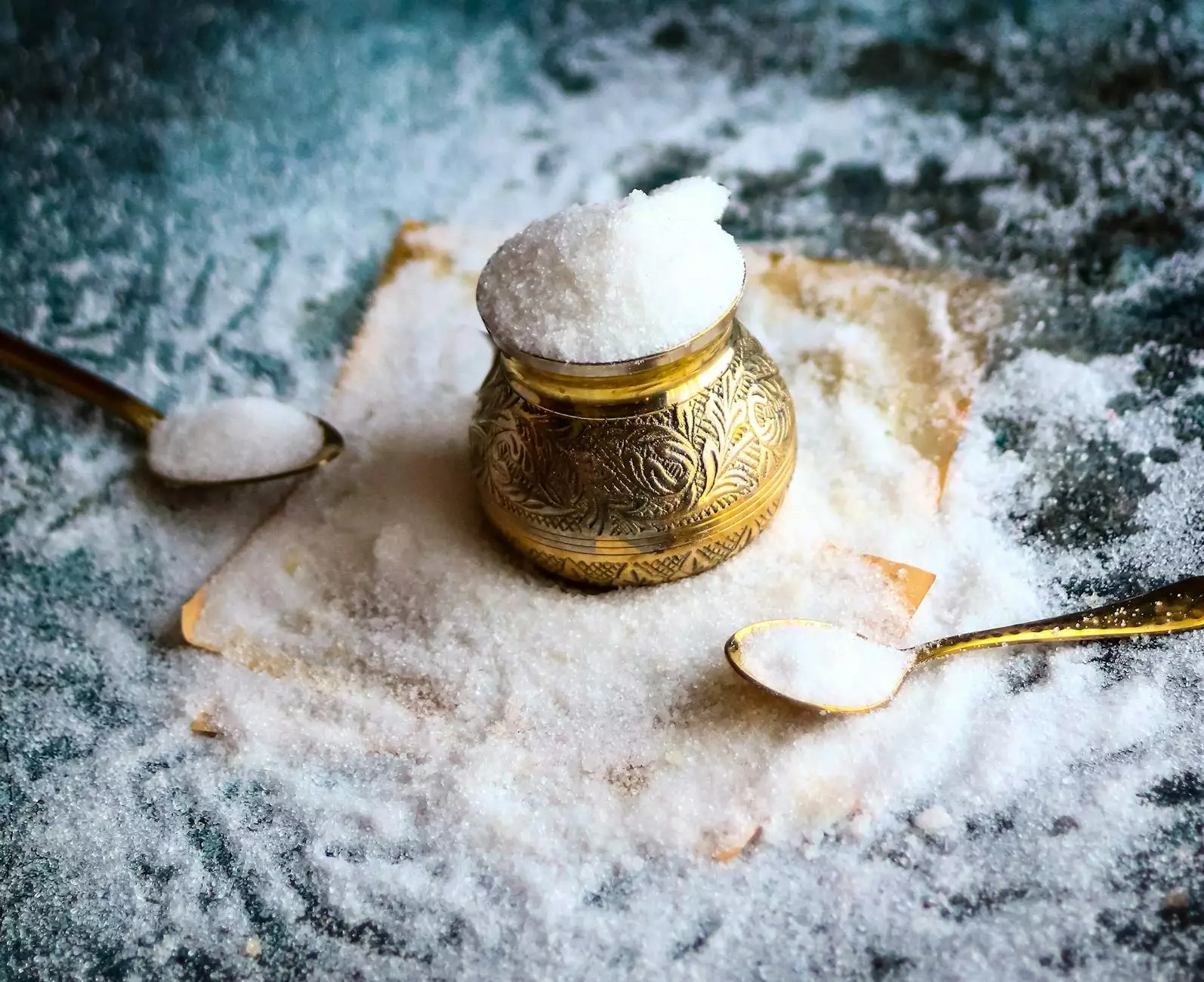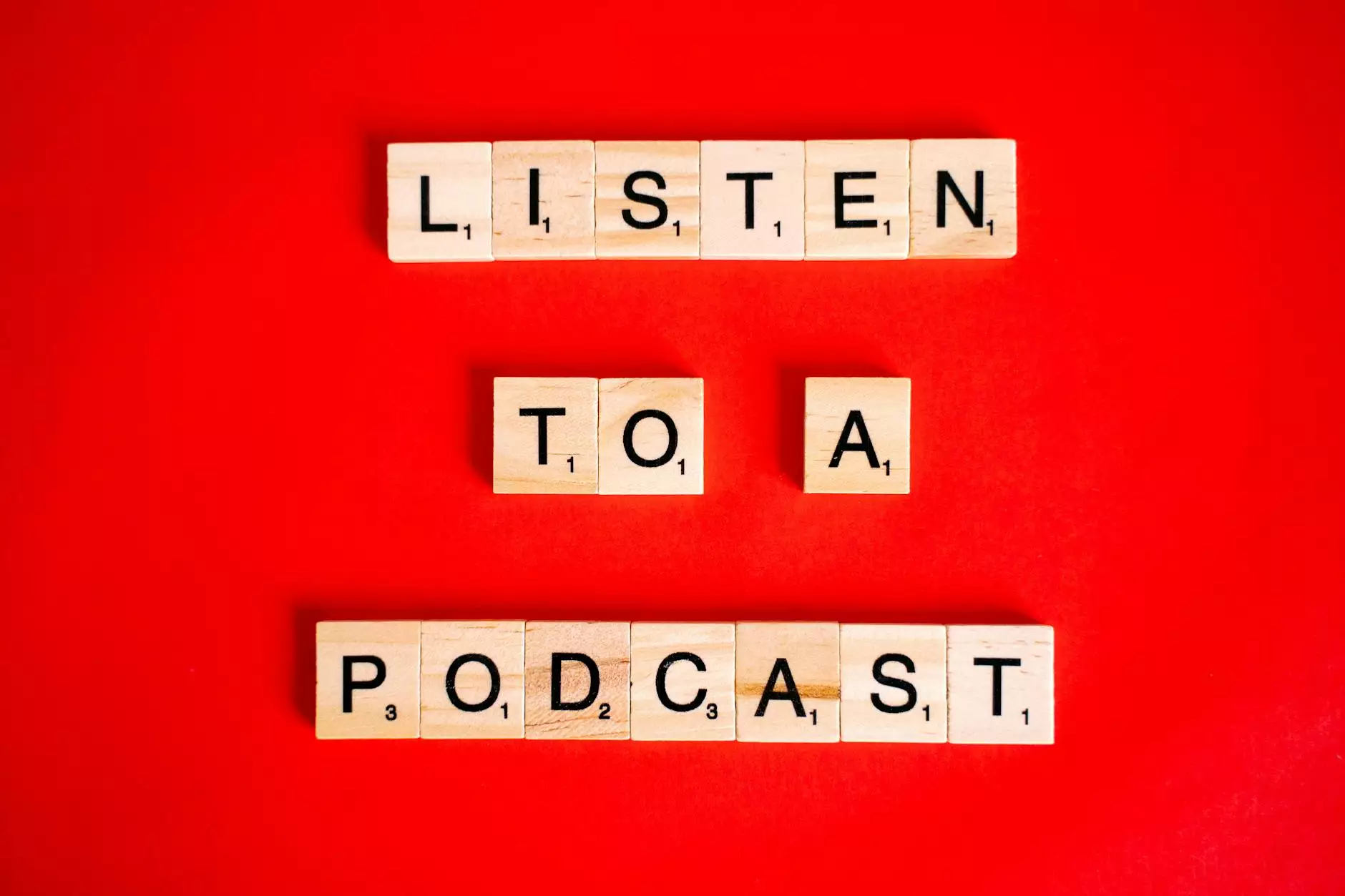Import Sugar from Brazil: A Comprehensive Guide for Businesses

Brazil is renowned as one of the largest producers of sugar in the world. The country's vast agricultural land, favorable climate, and advanced farming techniques make it a premier choice for businesses looking to import sugar from Brazil. This guide delves into the myriad of advantages, potential suppliers, and practical steps necessary for successfully importing sugar from this South American giant.
Understanding the Brazilian Sugar Market
The Brazilian sugar market is characterized by its large-scale production and wide variety of sugar types. The country produces both raw sugar and refined sugar, catering to several niches in the global market.
1. Global Sugar Production and Brazil's Role
As of recent years, Brazil accounts for almost 40% of the world's sugar exports. This dominant position is aided by the rich sugarcane plantations scattered across its regions, particularly in São Paulo, the country's largest sugar-producing state. Understanding how Brazil fits into the global market helps businesses appreciate the strength of their sourcing decisions.
2. Types of Sugar You Can Import from Brazil
When considering the option to import sugar from Brazil, you will encounter several types of sugar, each serving different market needs:
- Raw Sugar: Unrefined sugar that retains some molasses and is often used in processing and food production.
- Refined Sugar: Processed sugar that is pure and white, typically used in households and commercial bakeries.
- Brown Sugar: Sugar with molasses, offering a richer flavor, commonly used in baking and cooking.
- Organic Sugar: Sugar produced without synthetic fertilizers or pesticides, appealing to health-conscious consumers.
Benefits of Importing Sugar from Brazil
Choosing to import sugar from Brazil comes with several compelling benefits for businesses:
1. Competitive Pricing
Brazil's extensive production capacity allows it to maintain competitive pricing in the global market. This means higher profit margins for companies that source sugar from Brazilian suppliers compared to those sourcing from more expensive regions.
2. Quality Assurance
The Brazilian sugar industry adheres to global quality standards, ensuring that the sugar imported meets the expectations of international markets. Many suppliers provide certifications that testify to the quality and purity of their products.
3. Versatile Supply Chains
With a well-established export infrastructure, importing sugar from Brazil facilitates smoother logistics and delivery. Businesses can benefit from efficient shipping routes and access to a variety of suppliers, enhancing flexibility.
Choosing the Right Brazilian Sugar Supplier
Finding a reliable supplier is crucial in the process of importing sugar. Below are some tips to guide your search:
1. Research Potential Suppliers
Use online platforms and industry networks such as brazilsugartopsuppliers.com to research suppliers. Look for reviews, testimonials, and case studies to gauge their reliability.
2. Verify Certifications and Compliance
Ensure the suppliers you consider have the necessary certifications, such as ISO or HACCP, to comply with local and international standards. Compliance indicates a commitment to quality and safety.
3. Request Samples
Before making any decisions, it’s wise to request samples of the sugar. This allows you to assess the quality and make informed choices that align with your business requirements.
4. Evaluate Pricing and Terms
Compare prices, payment terms, and delivery schedules from different suppliers. Establishing a strong relationship with suppliers can often lead to better terms and conditions.
Legal Considerations for Importing Sugar
Engaging in the importation of sugar, like any international trade, involves navigating legal regulations and guidelines. Here are key factors to consider:
1. Understand Import Regulations in Your Country
Ensure you are familiar with the import regulations applicable in your country. Different countries have specific rules regarding the importation of food products, including sugar. This may involve permits, tariffs, and health inspections.
2. Duty and Tariffs
Importing sugar may incur specific duties and tariffs imposed by your government. Familiarize yourself with these costs to accurately calculate the total expense of importing sugar. Knowledge of tariff classifications can also benefit your cost negotiations with suppliers.
3. Check Quality Standards
Different markets may have varying quality requirements. It’s important to ensure that Brazilian sugar meets your local health regulations and standards to avoid potential fines or confiscation of goods.
Logistics of Importing Sugar from Brazil
After selecting a supplier, the logistics of importing sugar are paramount to ensure timely and efficient delivery. Here’s what you need to know:
1. Shipping Methods
There are various methods of shipping sugar from Brazil, including:
- Bulk Shipping: Ideal for large quantities, this method often uses freight ships for cost-effectiveness.
- Container Shipping: Best for smaller orders; sugar is shipped in containers to ensure protection from contamination.
2. Customs Clearance
Working with a logistics partner familiar with Brazilian regulations can simplify customs clearance processes, ensuring compliance with documentation and tariffs.
3. Delivery and Storage
Upon arrival, having a well-planned storage solution is essential. Sugar should be stored in a cool, dry place to avoid contamination and preserve its quality.
Future Trends in the Brazilian Sugar Industry
The sugar industry in Brazil continues to evolve, shaped by technological advancements and market demands. Here are some future trends to watch:
1. Sustainability Initiatives
With an increasing global demand for sustainable products, Brazilian sugar producers are adopting practices to enhance sustainability, including reductions in pesticide use and greenhouse gas emissions.
2. Diversification of Sugar Products
Innovation in sugar products, including organic and specialty sugars, is likely to grow. This diversification opens up new avenues for businesses looking to cater to niche markets.
3. Digital Transformation
As the world moves towards digital solutions, the Brazilian sugar industry is leveraging technology for better supply chain management, tracking, and customer engagement.
Conclusion
In conclusion, importing sugar from Brazil presents an array of opportunities for businesses aiming to leverage competitive pricing, high quality, and a reliable supply chain. By understanding the nuances of the market, selecting trustworthy suppliers, and navigating the logistics and legal frameworks effectively, you can establish a profitable and sustainable sugar sourcing strategy. As Brazil continues to adapt to global demands, staying informed on industry trends will help your business remain ahead of the competition.









